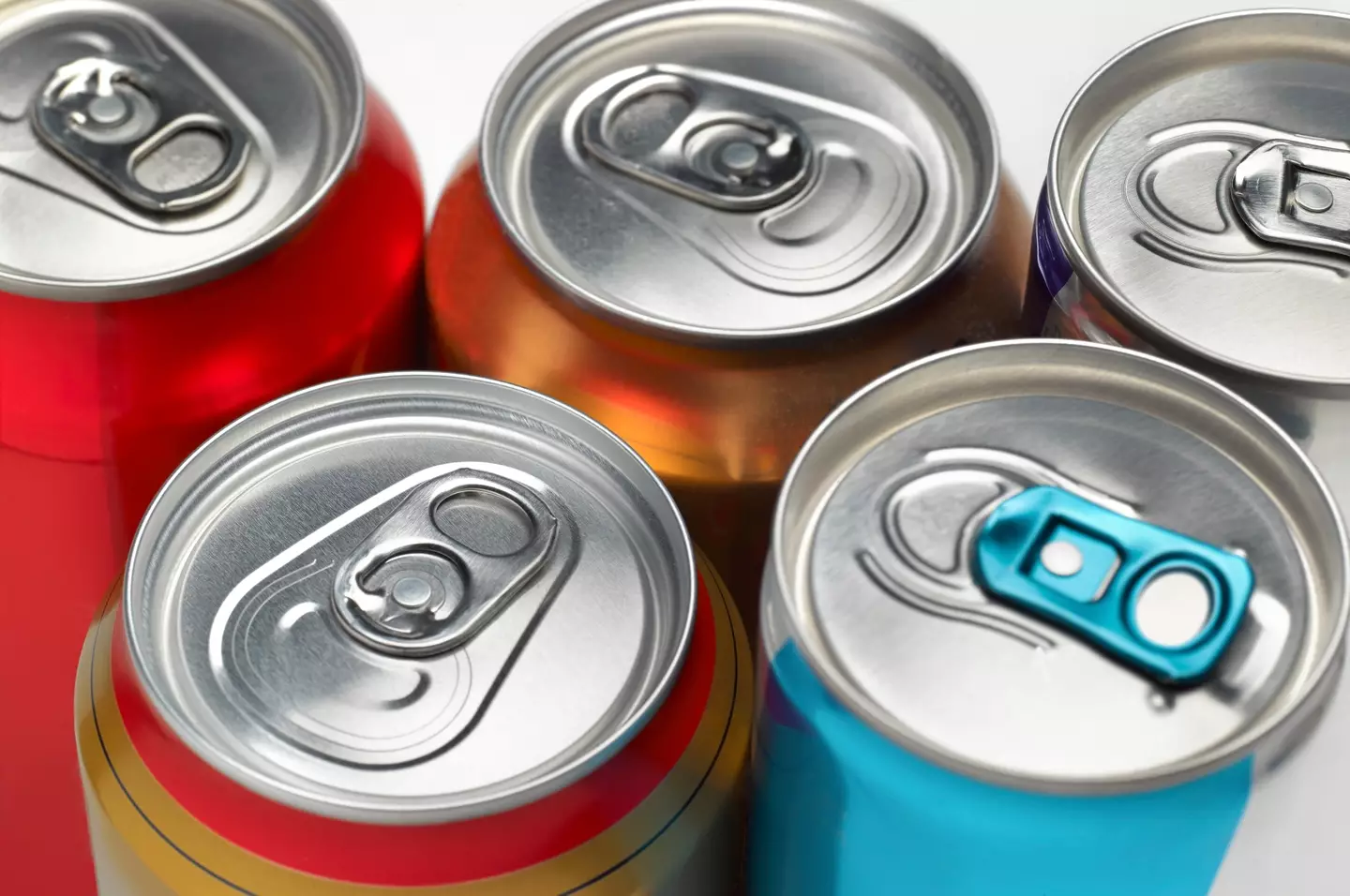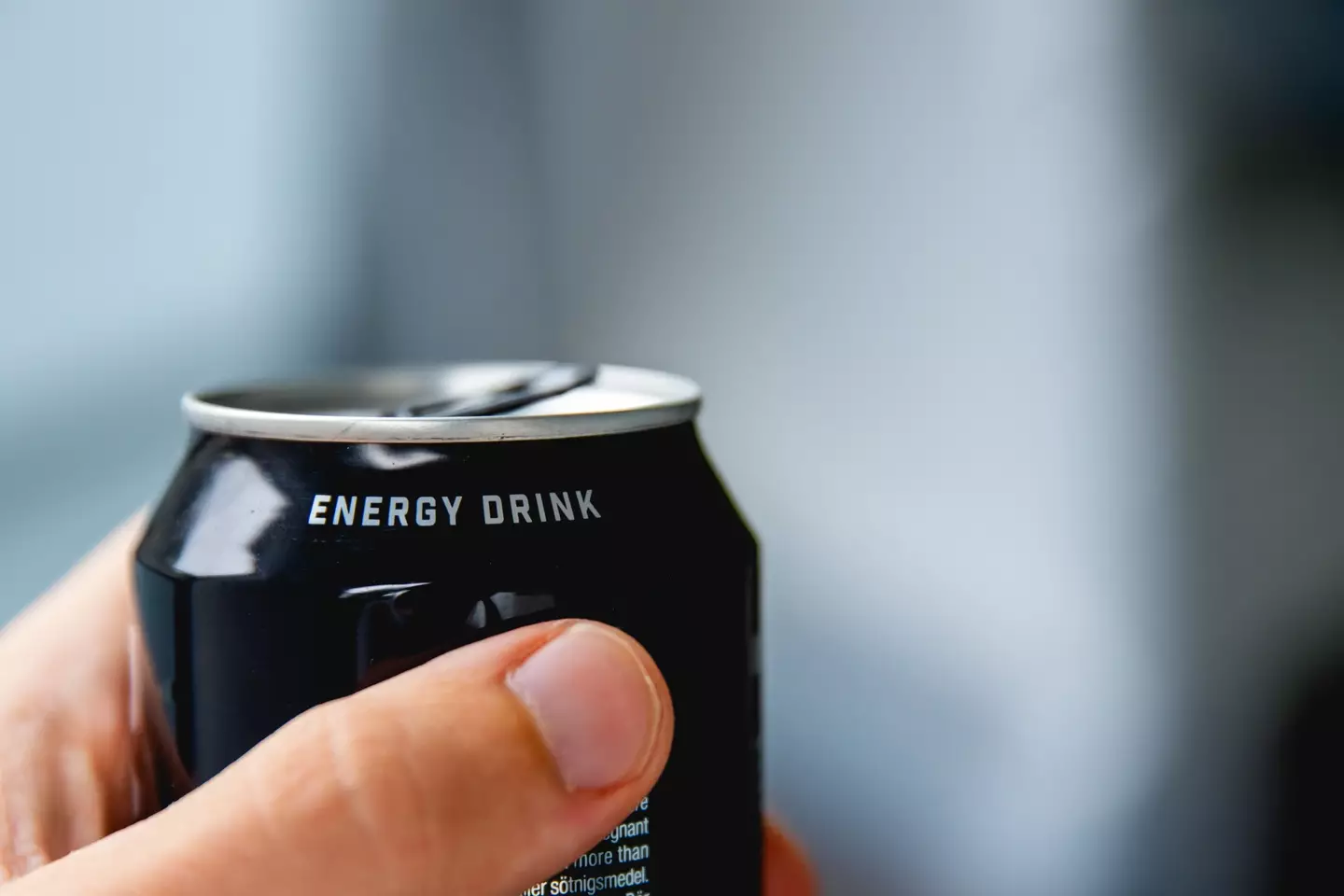
A breakdown of what happens to the human body in the minutes, hours, and even days after the consumption of an energy drink details the alarming reality on how bad they really are.
There may be no federal age requirements to buy energy drinks in the US, but some states have taken it upon themselves to impose their own restrictions, with Suffolk County (NY), for example, prohibiting sales to those under 18.
The American Academy of Pediatrics (AAP) recommends that children under 12 avoid caffeine completely, while those between 12 and 18 are advised limit their caffeine intake to 100 mg per day.
Considering that some energy drink cartons can contain up to 500 mg of caffeine - the equivalent of five coffees, as per the Substance Abuse and Mental Health Services Administration (SAMHSA) -, you can see why children are advised to avoid the drink all together.
Advert

Breakdowns are a good thing to keep in mind when it comes to the impact energy drinks are having on the body.
As per a graphic documented in the Daily Mail, it takes just ten minutes for the caffeine from an energy drink to enter the bloodstream, which can see heart rate and blood pressure rise.
Within just 15 minutes, you'll start to feel more alert and concentration levels will also start to improve.
A sugar rush from the drink will begin an hour after the energy drink has been consumed, though the comedown will occur soon after.
You see, people that have energy drinks regularly can experience withdrawal symptoms 12-24 hours after they've had the liquid.

And it is at that 12-hour mark when the caffeine starts to leave the bloodstream, though the speed at which this happens depends on factors such as age and lifestyle.
However, symptoms such as headaches, irritably and constipation can come to fruition from this.
“Caffeine is a crafty drug that temporarily blocks adenosine [a chemical involved in how tired we feel] pathways, giving you a boost while allowing ‘feel good’ molecules in the brain – such as dopamine – to be released more readily,” Dr. Stuart Farrimond, science communicator and food researcher told The Daily Mail.
Many will be now asking are there are other methods to achieve that much-needed energy boost. Well, thankfully there are a few options.
The American Heart Association’s advice is to eat more protein and carbohydrates, while Healthline also recommends you take naturally occurring vitamins like magnesium to help your body produce energy.
Topics: Food and Drink, Health
